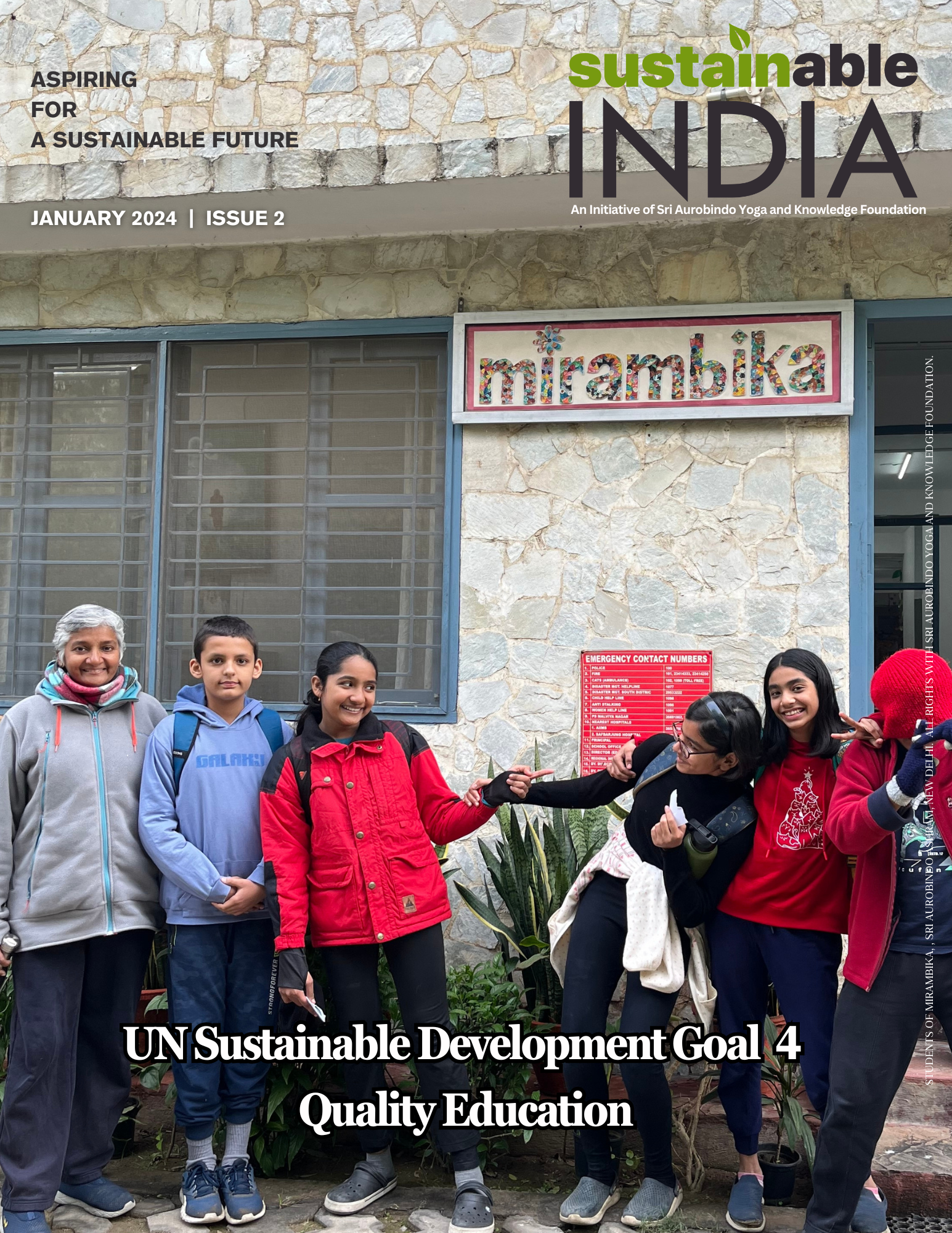
At Mirambika, we embrace the philosophy of Free Progress, inspired by the Mother, allowing children to learn at their own pace without rigid expectations. Our approach focuses on engaging, activity-based learning, prioritizing readiness over traditional benchmarks like writing, especially for younger children. By setting clear goals and observing each child's unique traits, we empower them to take charge of their learning journey. Our holistic evaluation system assesses both student and teacher development, with detailed reports for younger students evolving into interpretative assessments for older ones, and a marking system introduced only in class VIII to meet external standards. This nurturing methodology fosters genuine self-discovery and growth for both children and educators.
At Mirambika, we embrace the concept of Free Progress, as defined by the Mother, which means teaching without preconceived notions. This approach allows children to learn at their own pace and encourages genuine progress. Instead of adhering to a traditional curriculum, we observe each child's nature and adapt our teaching accordingly. For instance, we don’t force children to write until they feel ready, focusing instead on engaging, activity-oriented learning until the age of seven. Setting clear goals is essential to guide children, teachers, and parents in their learning activities. Our aim is to empower children to take charge of their learning, allowing teachers to adapt and support each child's unique growth. While we maintain age specific challenges to foster development, the ultimate goal is to help each child f lourish into their true self. Evaluation at Mirambika assesses both child development and teacher growth. Reports document not only the child’s progress in learning and behavior but also the teacher's effectiveness in imparting skills. In the early years, reports are detailed, describing children's actions, while older students receive more interpretive evaluations reflecting their acquired qualities. We only introduce a marking system in class VIII as required by new schools. This holistic evaluation approach supports the ongoing development of both students and educators.
UN SDG 4 Quality education

